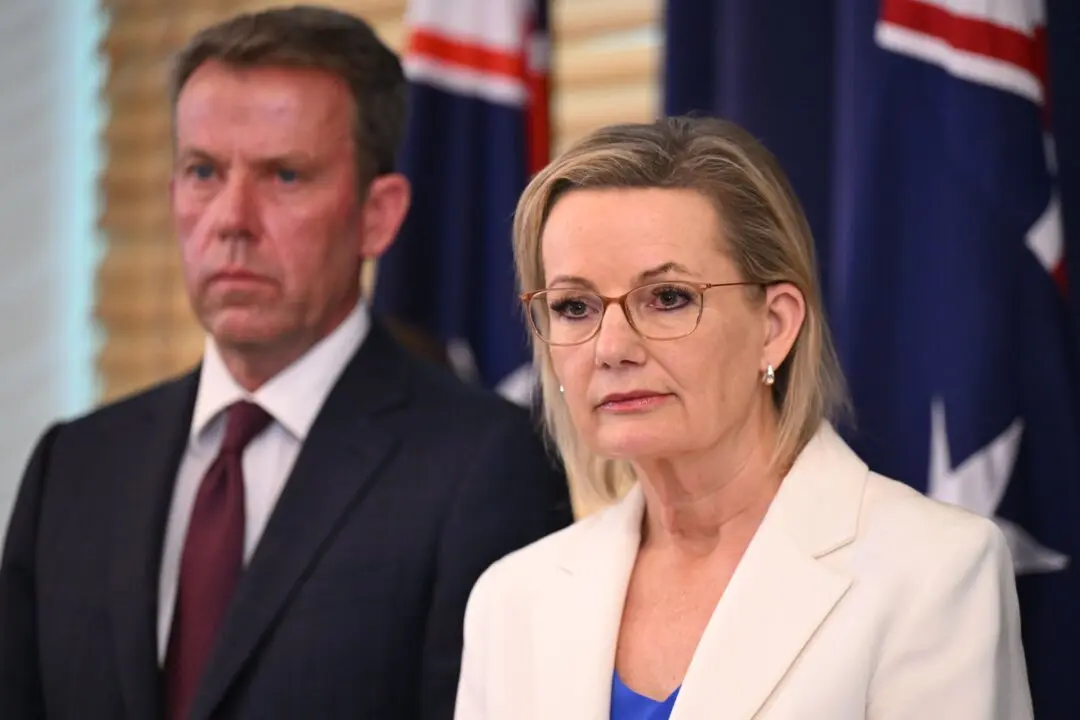Malaysia’s Defence Minister Hishammuddin Hussein is contemplating a trip to China to discuss the newly minted AUKUS alliance between Australia, the United States (U.S.), and the United Kingdom (UK).
Malaysian and Indonesian authorities have raised concerns about a potential arms race in the region, which is in contrast to the Philippines government who backed the agreement.





